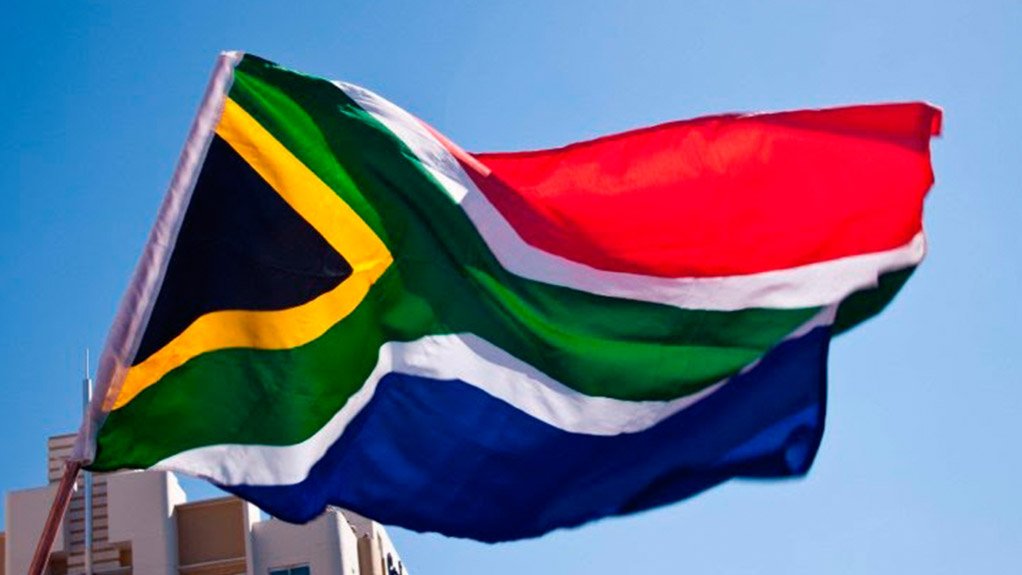Mr. President
The belief that no person should fear for their safety or be deprived of their dignity because of their sexual orientation or gender identity explains why South Africa led initiatives leading to resolution 17/19 in 2011 and co-chaired a high level panel on the issue with Brazil in 2012. We have also lent our support for similar resolutions in other multilateral fora.
South Africa has therefore voted for Resolution A/HRC/27. The founding principles of the democratic South Africa’s Constitution state clearly that South Africa is a sovereign democracy founded on the basis of human dignity and the achievement of equality and the advancement of human rights. Guided by the principle of supremacy of the South African constitution and the rule of law, the South African government, through section 8 of our constitution is enjoined to promote and respect the rights of all people without distinction of any kind. The rights detailed in section 9(3) of the South African constitution lists the rights that the South African government needs to promote and respect. Discrimination based on Sexual Orientation and Gender Identity is explicitly prohibited in this section of our constitution.
South Africa is therefore compelled by the supreme law of our country to support a resolution that seeks to reduce discrimination and violence on any basis, including in this case, on the basis of sexual orientation or gendered identities.
Our support for the resolution is in sync with our national values shaped on our own history and experience of discrimination. This history and the struggle against all forms of discrimination has therefore made us, as a people and a country, committed to the principle that no person should be subjected to discrimination or violence based on race, class, sex, religion, gender and as is the case with this resolution, on the basis of sexual orientation or gender identity. It is the same value base that guides our stance on fighting for equality between countries and why we shall always make our voices heard about exploitation and oppression of people in any form. This includes the oppression of people in the occupied territories of Palestine and why we are committed to the principles of the right to development and for the reduction of inequalities within and between countries.
Having explained our support and vote for the resolution as presented by the core group, we also need to explain why we did not vote for the proposed amendments that sought to revert to the current listing of rights as found in the international law.
The amendments all sought to remove the explicit mention of the term ‘sexual orientation and gender identity’ in favour of more general provisions. We considered all of these proposed amendments carefully but found that they were not relevant in the context of this resolution, which seeks to find agreement around a best practice report on measures to reduce discrimination and violence specifically on the basis of sexual orientation and gender identity.
The South African government believes that we as a country will benefit from such a report. Despite our enabling laws, people in our country are still subjected to discrimination and violence based on their sexual orientation and gender identity. The scale of the violence has resulted in our Justice Department establishing a hate crimes unit to deal specifically with this kind of discrimination and violence.
The same applies as to why South Africa could not support the proposed paragraph (pp9), which referred to existing national laws, customs or beliefs. This clause is not relevant to a resolution that will look at the development of a best practice report on measures to reduce discrimination and violence, which may have to look at the role that policies, laws, religion and customs may play in the very issue that we are trying to address.
The essence of this resolution is to help us all understand what we can do better to protect the lives and dignity of all our citizens. This resolution is in stark contrast to the unhelpful and divisive use of development aid by some countries as a means to shift policies and laws in a select number of countries.
Issued by Department of Social Development
EMAIL THIS ARTICLE SAVE THIS ARTICLE
To subscribe email subscriptions@creamermedia.co.za or click here
To advertise email advertising@creamermedia.co.za or click here











